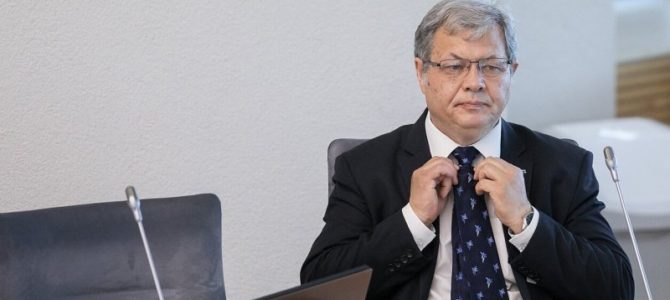 by Arūnas Gumuliauskas, chairman, Lithuanian parliamentary Commission on the Battles for Freedom and State Historical Memory
by Arūnas Gumuliauskas, chairman, Lithuanian parliamentary Commission on the Battles for Freedom and State Historical Memory
Every year there are echoes throughout Lithuania on disputes regarding judgments of partisans and other freedom fighters. Different organizations, circles of intellectuals and ethnic minority representatives file complaints and express dismay over the fact Lithuania honors her heroes who laid down their lives for the ideal of independence. Sometimes more loudly, sometimes more quietly.
So this summer as well a wave of discontent and slander went out regarding the announcement of a year to commemorate the noble partisan Juozas Lukša-Daumantas. It’s frequently difficult to understand why this is happening. Many of us also fail to understand, it seems, because it’s not the most important issue with that story.
But, like it or not, a person can’t just be satiated. He must respect himself and be respected by others. That applies even more so to the state. That’s why our history is rewritten and always in a way intending to desecrate those who contributed to history, and you must begin to listen. Very rarely does something happen coincidentally in politics. So after a decade of the constant attempt to convince Lithuania she is a country of fighters stained with blood and of Jew-shooters, one has to understand the reasons for this and oppose it appropriately.


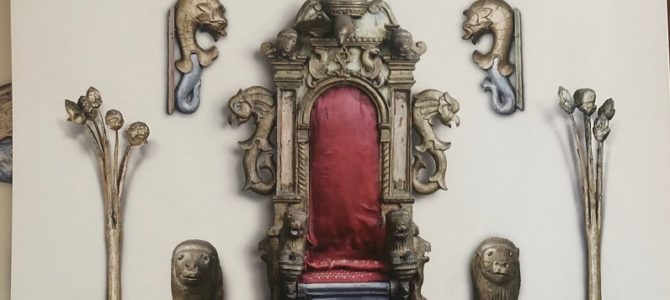
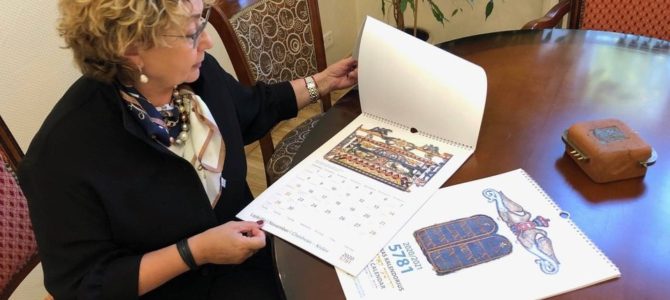
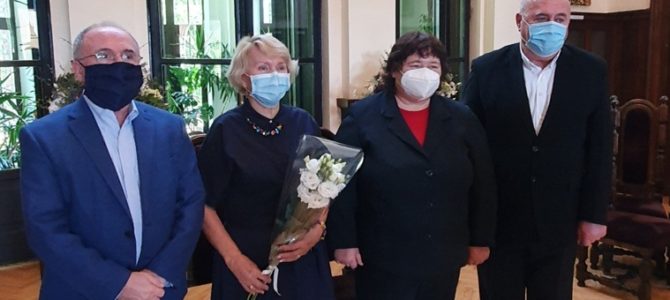
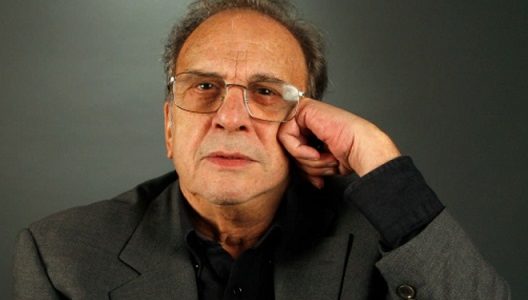
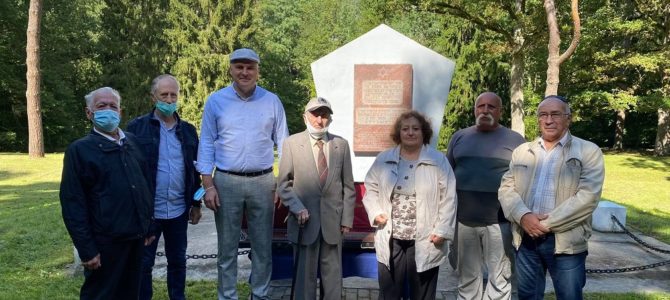
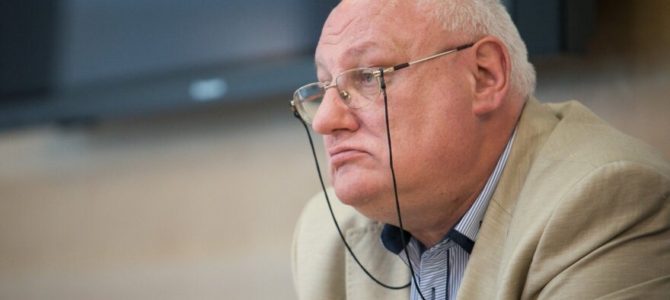
 by Arūnas Gumuliauskas, chairman, Lithuanian parliamentary Commission on the Battles for Freedom and State Historical Memory
by Arūnas Gumuliauskas, chairman, Lithuanian parliamentary Commission on the Battles for Freedom and State Historical Memory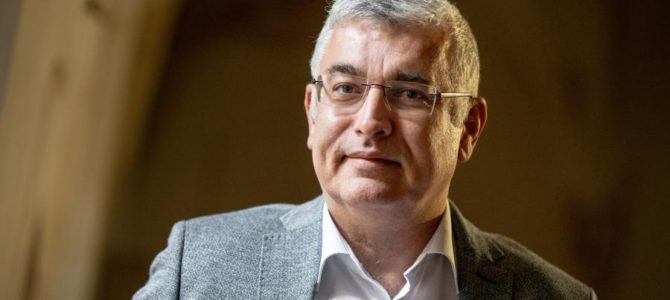
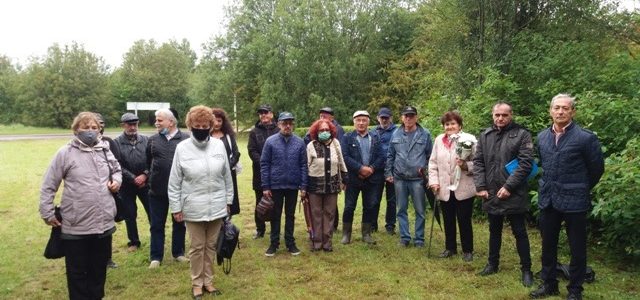
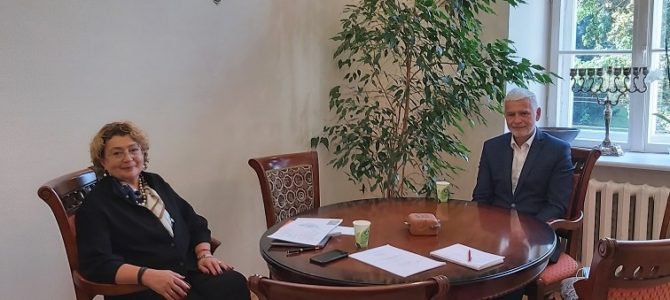
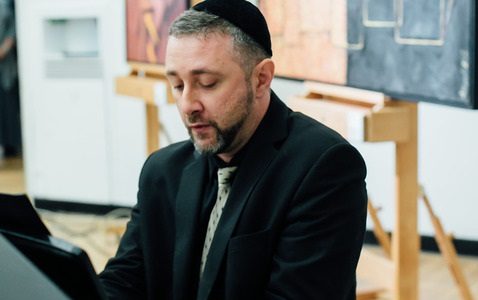
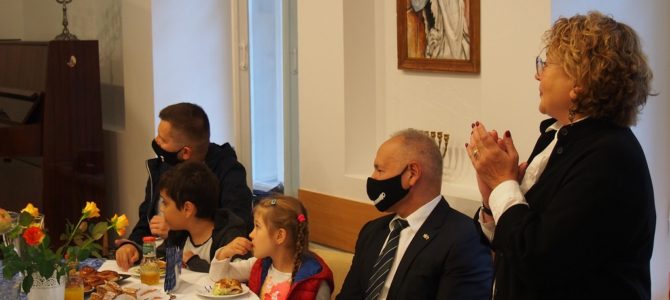
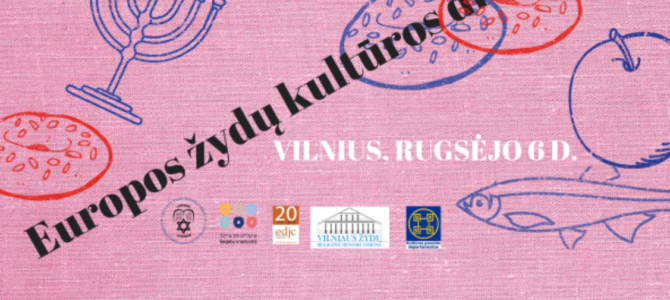
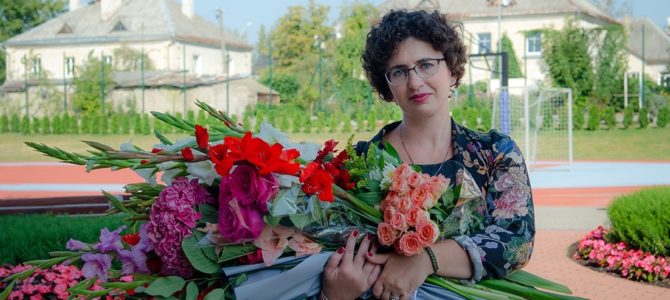
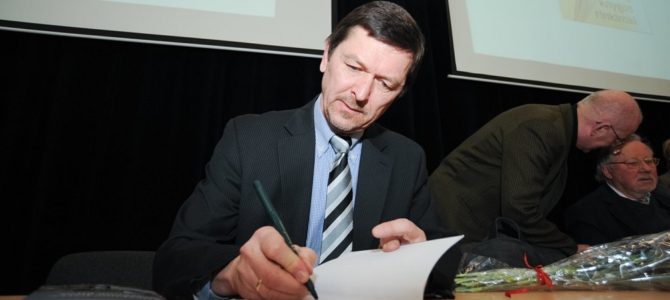
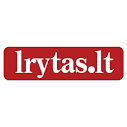 by Vytautas Bruveris
by Vytautas Bruveris